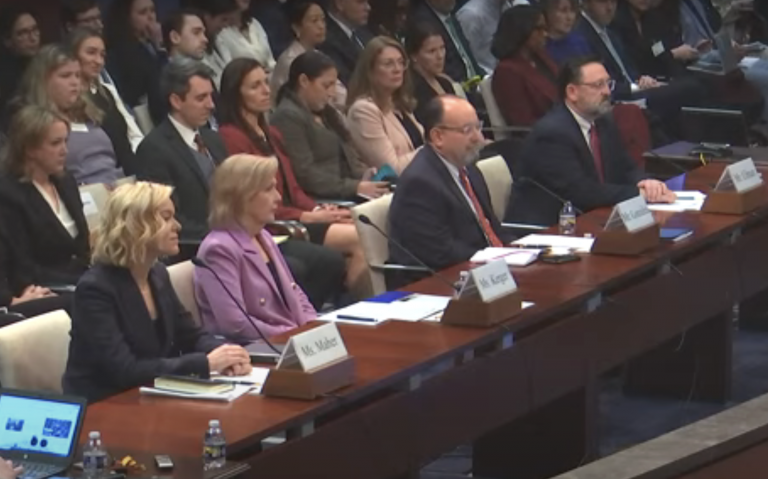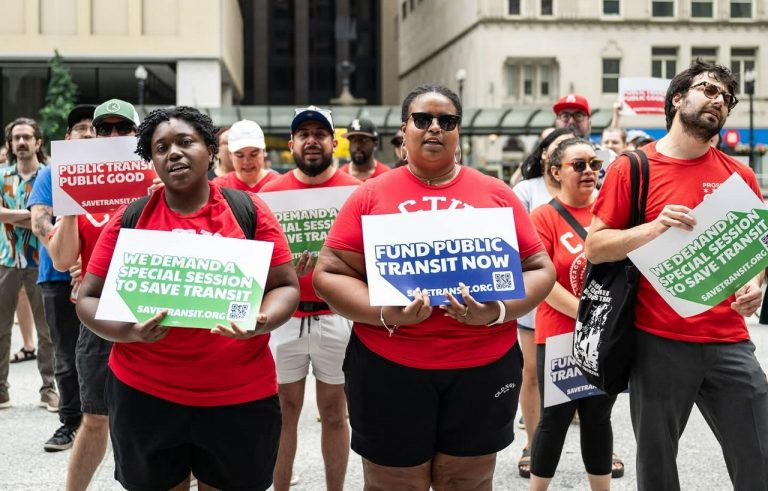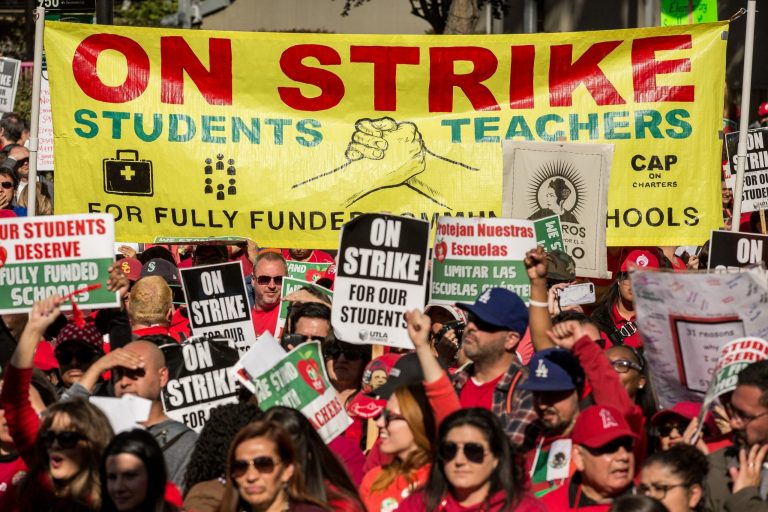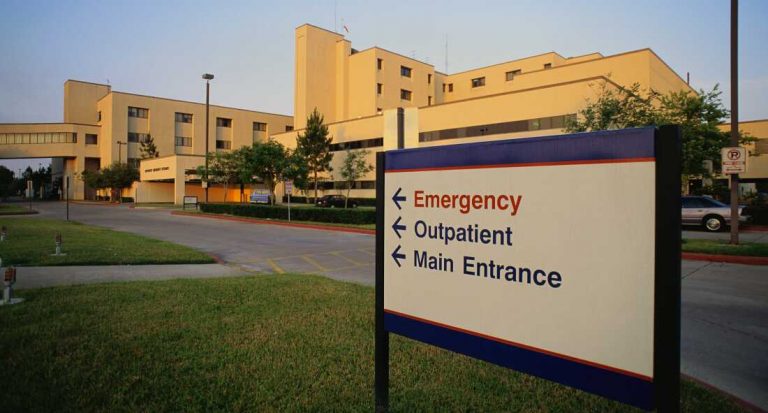The Corporation For Public Broadcasting Shutdown
The truth is, from Nixon to Trump, Republicans were actually rather successful in manipulating the CPB to serve their partisan agenda. Back in 2005, when Republican Kenneth Tomlinson was in charge, the New York Times reported that the chairman aggressively pressed “public television to correct what he and other conservatives consider liberal bias.” The chief executive of PBS even accused Tomlinson of threatening “editorial independence.”
Peter Hart of Fairness and Accuracy in Reporting (FAIR) further noted that an unnamed senior official at the Federal Communications Commission (FCC) claimed Tomlinson was “engaged in a systematic effort not just to sanitize the truth, but to impose a right-wing agenda on PBS."















